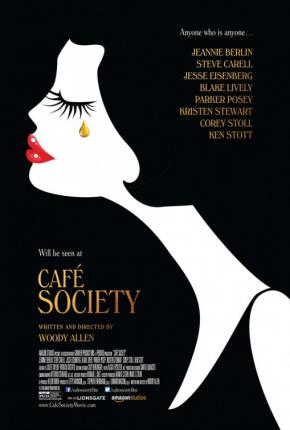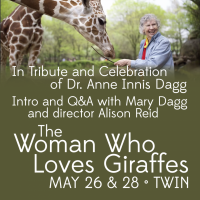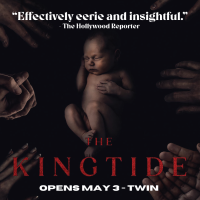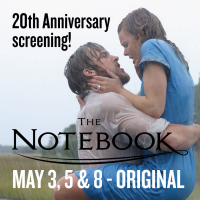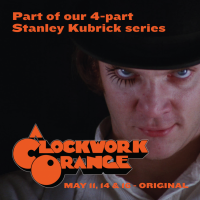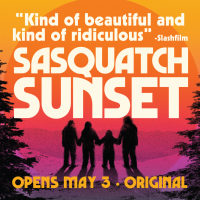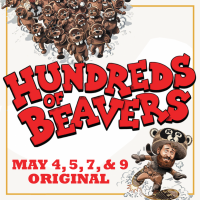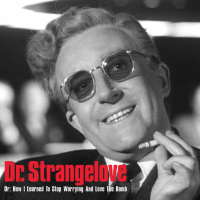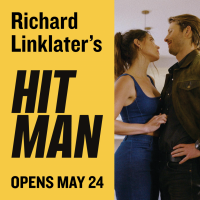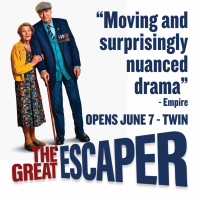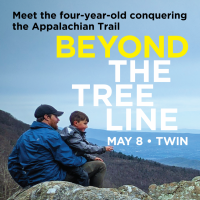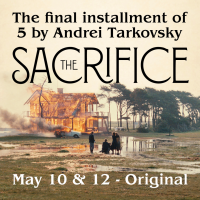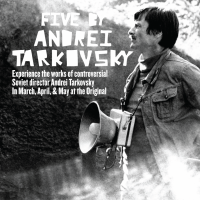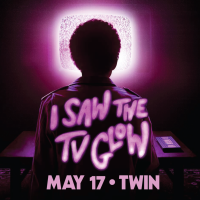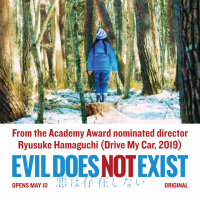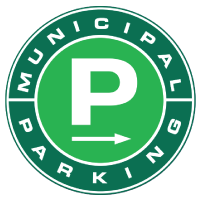With 'Café Society,' Woody Allen delivers lovely look at old Hollywood
REVIEW: One of the best late-period Allen films, "Café Society" is a wonderful study on the ways love (and, really, all of life) moves in its own direction. | ★★★½ out of 4 stars
By Colin Covert, Star Tribune July 21, 2016 | 1:51pm

Jesse Eisenberg and Kristen Stewart in “Café Society.”
In the 1930s, while America recovered from the bleakness of the Great Depression, the film industry delivered elegant character-driven entertainment that felt like love affairs between its beautiful stars and the public. It was an enchanting make-believe liaison, sometimes an imaginary infidelity, a tryst that anyone could experience for pocket change.
It was a delightful con job, and its appeal draws young Bobby Dorfman (Jesse Eisenberg), the protagonist of Woody Allen’s “Café Society,” from New York City to Los Angeles.
Abandoning his very Jewish family in the Bronx, he goes west to work as an errand boy for his Uncle Phil (Steve Carell), a hotshot talent agent for a stable of stars. Phil’s beguiling, but romantically unavailable, assistant Vonnie (Kristen Stewart), a former actress hopeful, likes Bobby’s company and enjoys taking him to see Joan Crawford’s house and Barbara Stanwyck’s movies.
It isn’t long before Bobby finds himself falling head over forlorn heels in love with her. His confused heart wants what it wants, even when it’s not available. Bobby, who is neurotic, sarcastic and exasperated, takes cautious steps into the shallows of real courtship in hope of winning her from her hush-hush lover.
The second act follows Bobby as his ambitions take him back to New York City to help run a swank nightclub. The third revisits issues from the beginning, when Bobby felt Vonnie was the only person in the world.

Kristen Stewart and Jesse Eisenberg in “Café Society.”
One of the best late-period Allen films, “Café Society” is a wonderful study on the ways love (and, really, all of life) moves in its own direction, however we might hope to steer it. It sees a big difference between what one sets out to make in life and what one winds up with.
Here, as in many of Allen’s stories, it’s an impassable love triangle. As Bobby puts it in one of the film’s many quotable lines, “Life is a comedy written by a sadistic comedy writer.” As another puts it, “We fall in love. We lose control.”
The film is gorgeously shot by the legendary Vittorio Storaro with jazzy period lighting and handsome production design by Allen’s longtime partner Santo Loquasto. The amber-lit look of old Hollywood is the best portrait of the city since “Chinatown.”
Don’t believe that Allen is losing his love affair with New York. A sequence with Eisenberg and Stewart together in Central Park, framed against the skyline at dawn, is luscious. It’s one of the film’s many quiet reminders that it’s best to appreciate what we can when we can.
Bobby may say it best when he passes along valuable advice about our passage through this comedy of cruelty: “Live every day like it’s your last, and one day you’ll be right.”
Watch: 'Café Society' Official Trailer

